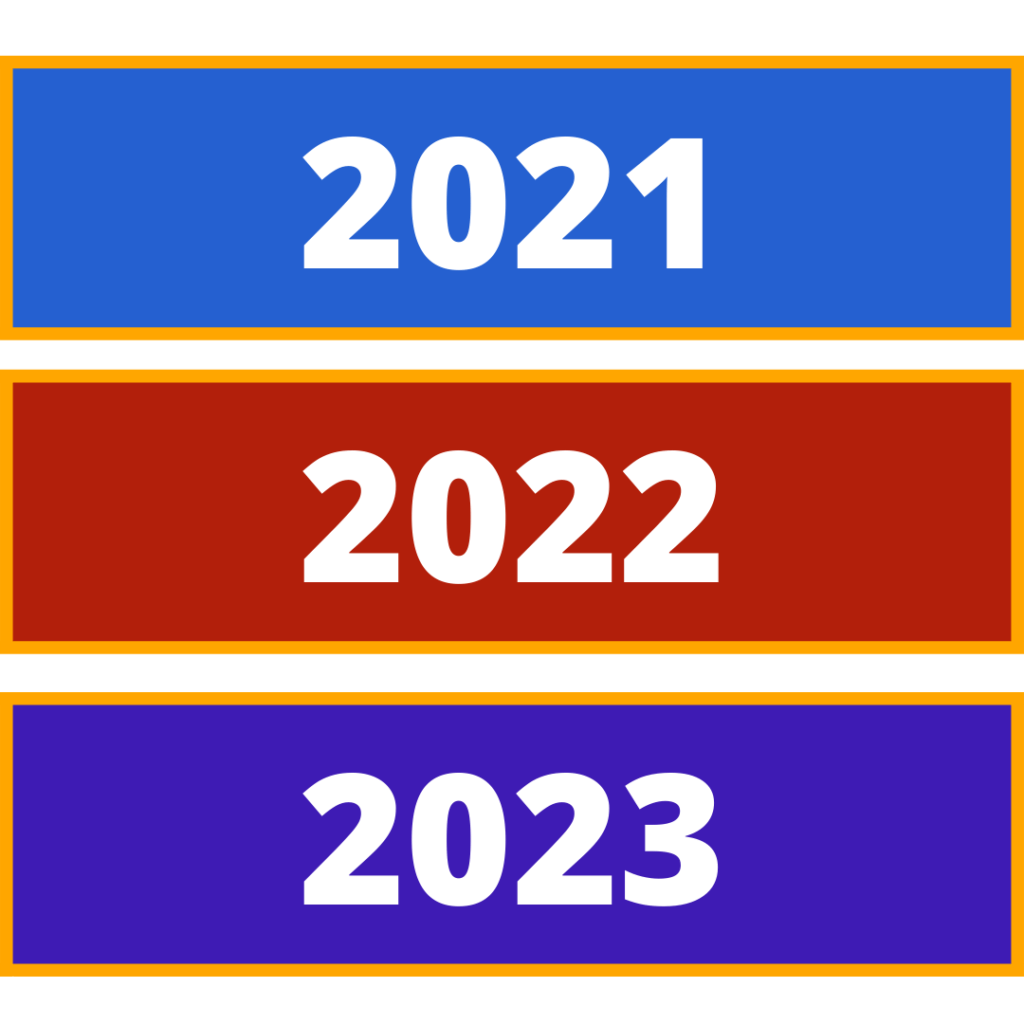
Your child has just completed the follow up session with his child pediatrician. The doctor is pleased with his progress. Manipulative and behavior have shown progress and improvement. Your life at home is also becoming better – your child has better control and less misbehavior. The next question is – do you stop the therapy sessions for your child?
When do I stop?
Ideally, when a child receives therapy, there should be a goal set up in order to measure progress and development for the child. Therapist would usually determine the current condition of a child, identify the gap and discuss with parent on the direction and milestones that they will be working on. This progress should be reviewed on a timely basis – 3-months or 6-months. Some goals may require longer period of time whilst others may not. Parent and therapist must work together to establish the goals, set up priority and work together with the child to support them, during therapy and at home.
With consistent approach during therapy and home, child will make progress in the area they received therapy. Thus, resulting in favourable feedback during review session with doctor. However, parent should take this opportunity to discuss with doctor if there are any other concern or if the therapy session should continue. Furthermore, it is a good time to share with doctor if there are any other concern arises that were not present before.
The signs
What should parents look out for if they are considering stopping the therapy sessions?
Goals met

When your therapy goals are met, it is time to stop the therapy session. The underlying reason for your child to receive therapy are no longer prevalent. For example, a child who is attending behaviour therapy session because the child needs to expand his ability in making requests and turn taking. Once the goals are met, naturally the child can stop the therapy sessions.
Skills expanded: Ability to Cope
Often times, there could be other area of concerns that appear during therapy sessions. Therapy sessions are also sessions where a child learn coping strategies and expanding their capacity. A therapist will be able to look at a child’s overall development that are within their scope of expertise.
For instance, an occupational therapist looks at ability of a child in performing daily living activities, sensory profiling, behavior, fine motor, gross motor as well as cognitive performance. The therapist may observe other area that needed support though a child sign up due to their sensory development.
With the overall therapy provided, the child is able to expand their capacity as well as developing their coping skills to deal with the development area. Therefore, the child is no longer needing any therapy session.
Being Proactive or Reactive?
Usually, parents notice when their child is “not” normal when they observe how other children of similar age behave. Or parents seek help when their child is no longer in a manageable state. Thus, another consideration for parents to think about is if they would want to be in a proactive or reactive mode.
Being proactive is where parents provide the necessary intervention at the opportune time – before the behavior or condition of the child develop. Reactive is when parents allow the condition of the child to prolonged or escalate, probably under the impression that it will go away or undecided on actions to move forward.
This requires therapists understanding of a child as well as the ability or skill of parents who can support the child in their needs. Therapists would be able to observe current condition of a child, identify their current gap or needs. However, as a child grow, their coping and adapting skills may improve.
For children who has previously undergone therapy, it is good to have their development or progress reviewed on a 6-months or yearly review session to ensure that their child’s development is on track.
Read about Challenges of Raising a Child with Special Needs or contact us if you require any further information.
